This morning ResearchGate alerted us that our paper ‘The importance of pilot studies’ [1] had reached 500 citations.  Profs. Vanora Hundley and Edwin van Teijlingen, both in BU’s Centre for Midwifery & Women’s Health (CMWH) have published several methods papers [1-6] on the importance of (a) conducting pilot studies, but also (b) reporting on their outcomes and lessons learnt. It started more than two decades ago with lessons learnt from the Scottish Birth study [2]. Followed by a methods paper in a sociology journal [3], one in a midwifery journal [4] and one in a family planning journal [5]. The icing on the pudding was an encyclopedia entry in 2003 [6].
Profs. Vanora Hundley and Edwin van Teijlingen, both in BU’s Centre for Midwifery & Women’s Health (CMWH) have published several methods papers [1-6] on the importance of (a) conducting pilot studies, but also (b) reporting on their outcomes and lessons learnt. It started more than two decades ago with lessons learnt from the Scottish Birth study [2]. Followed by a methods paper in a sociology journal [3], one in a midwifery journal [4] and one in a family planning journal [5]. The icing on the pudding was an encyclopedia entry in 2003 [6].

References:
- van Teijlingen E, Hundley, V. (2002) ‘The importance of pilot studies’ Nursing Standard 16(40): 33-36. Web: nursing-standard.co.uk/archives/vol16-40/pdfs/vol16w40p3336.pdf
- van Teijlingen, E., Rennie, AM., Hundley, V., Graham, W. (2001) The importance of conducting & reporting pilot studies: example of Scottish Births Survey, Journal of Advanced Nursing, 34: 289-95.
- van Teijlingen, E., Hundley, V. (2001) The importance of pilot studies, Social Research Update Issue 35, (Editor N. Gilbert), Guildford: University of Surrey. Web: http://www.soc.surrey.ac.uk/sru/SRU35.html
- Hundley, V., van Teijlingen E. (2002) The role of pilot studies in midwifery research RCM Midwives Journal 5(11): 372-74.
- van Teijlingen, E, Hundley, V. (2005) Pilot studies in family planning & reproductive health care, Journal of Family Planning & Reproductive Health Care 31(3): 219-21.
- van Teijlingen E, Hundley, V. (2003) Pilot study, In: Encyclopaedia of Social Science Research Methods, Vol. 2, Lewis-Beck, M., Bryman, A. & Liao, T. (eds.), Orego, Sage: 823-24.

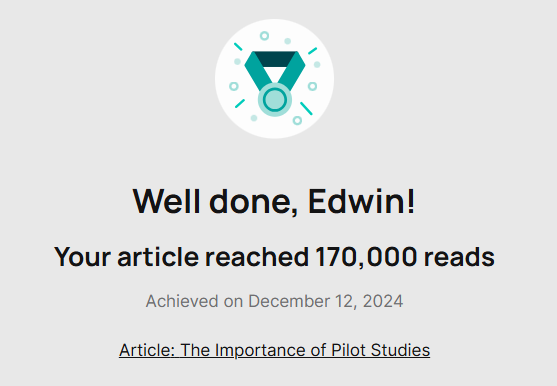
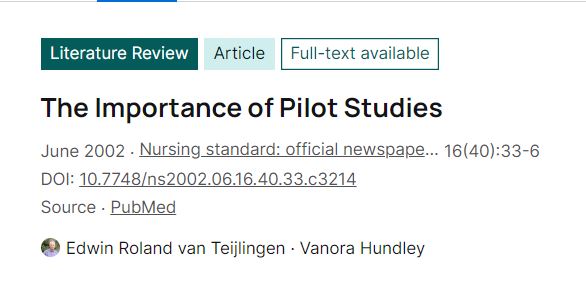
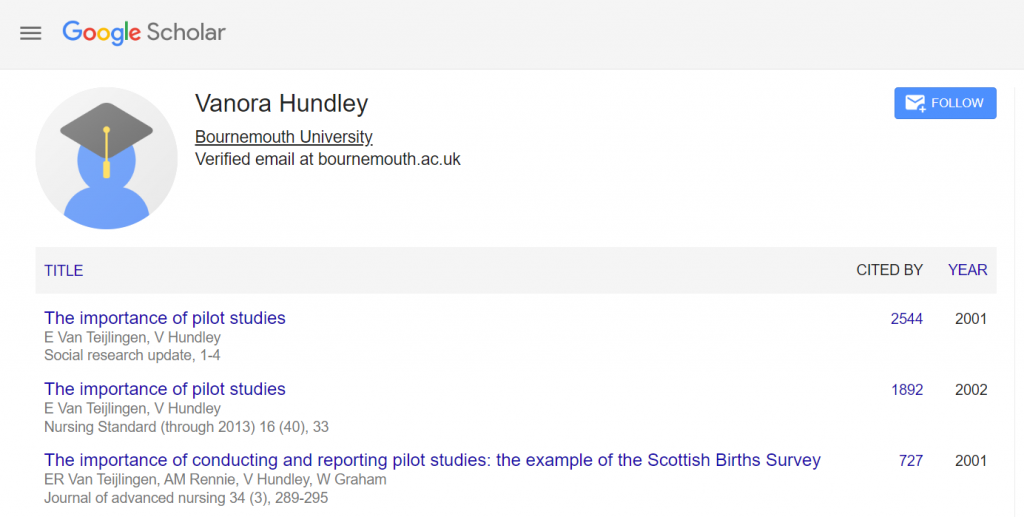
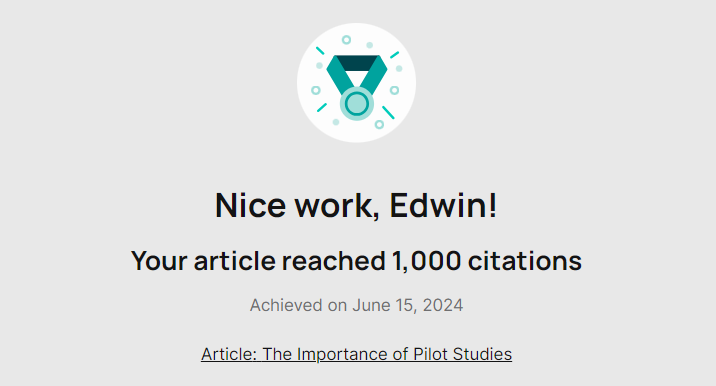


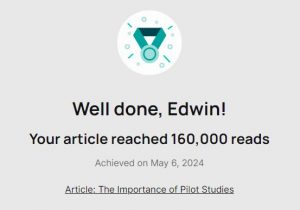

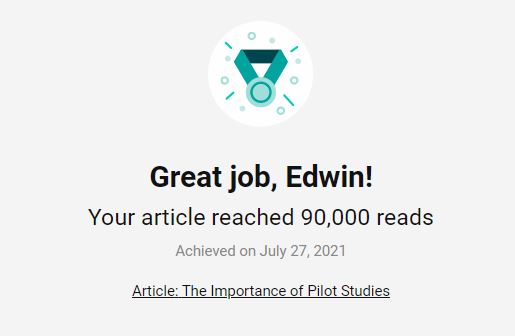

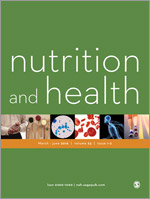

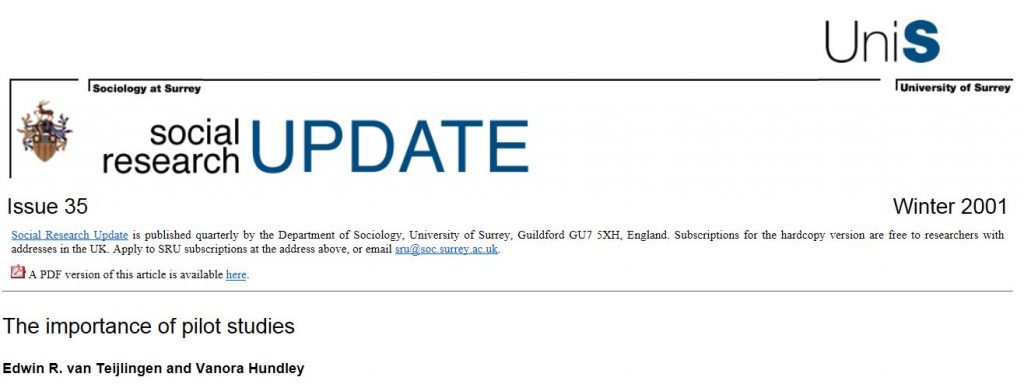











 Beyond Academia: Exploring Career Options for Early Career Researchers – Online Workshop
Beyond Academia: Exploring Career Options for Early Career Researchers – Online Workshop UKCGE Recognised Research Supervision Programme: Deadline Approaching
UKCGE Recognised Research Supervision Programme: Deadline Approaching SPROUT: From Sustainable Research to Sustainable Research Lives
SPROUT: From Sustainable Research to Sustainable Research Lives BRIAN upgrade and new look
BRIAN upgrade and new look Seeing the fruits of your labour in Bangladesh
Seeing the fruits of your labour in Bangladesh ECR Funding Open Call: Research Culture & Community Grant – Apply now
ECR Funding Open Call: Research Culture & Community Grant – Apply now ECR Funding Open Call: Research Culture & Community Grant – Application Deadline Friday 12 December
ECR Funding Open Call: Research Culture & Community Grant – Application Deadline Friday 12 December MSCA Postdoctoral Fellowships 2025 Call
MSCA Postdoctoral Fellowships 2025 Call ERC Advanced Grant 2025 Webinar
ERC Advanced Grant 2025 Webinar Update on UKRO services
Update on UKRO services European research project exploring use of ‘virtual twins’ to better manage metabolic associated fatty liver disease
European research project exploring use of ‘virtual twins’ to better manage metabolic associated fatty liver disease